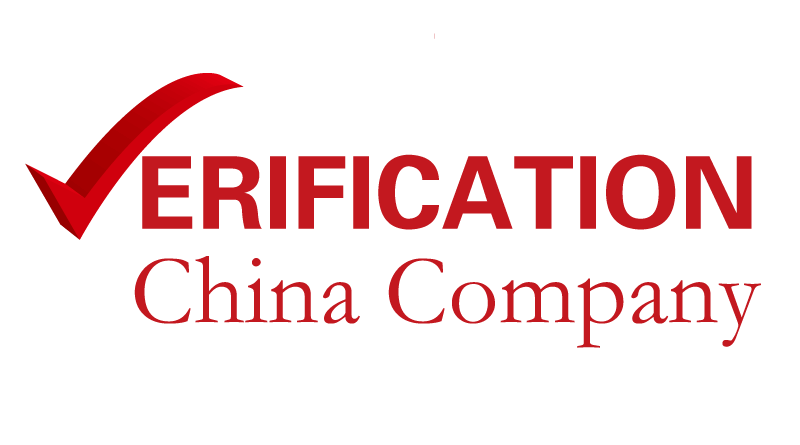The Hidden Dangers: How China Company Verification Can Protect Your Business
The Hidden Dangers: How China Company Verification Can Protect Your Business
Introduction
In recent years, the business landscape has witnessed an increasing trend of global expansion and international trade. One of the most significant players in this arena is China, the world’s largest manufacturing hub and a vital destination for businesses seeking to source products or establish partnerships. However, conducting business in China is not without its challenges, and one of the most critical aspects that every company should prioritize is China company verification. This process ensures that businesses are protected from potential risks and hidden dangers associated with trading in China.
The Attraction of Chinese Business
China’s booming economy and cost-effective manufacturing capabilities have lured countless businesses from around the world to engage in trade with Chinese companies. With a vast array of products available at competitive prices, it is no surprise that many companies choose China as their primary supplier. Additionally, China’s market size and growing middle class offer immense opportunities for companies seeking to expand their customer base.
However, alongside these opportunities, there are potential risks and hidden dangers that can pose serious threats to businesses. Engaging in transactions without verifying the authenticity and credibility of Chinese companies can lead to financial losses, damaged reputations, and legal complications. Therefore, conducting comprehensive China company verification becomes crucial to ensure smooth and secure business operations.
The Hidden Dangers
- Fraudulent Companies: Some unscrupulous entities in China may present themselves as legitimate businesses to unsuspecting buyers. These fraudulent companies may offer attractive deals on products but disappear after receiving payment, leaving the buyer with substandard or non-existent goods.
- Intellectual Property Infringement: Intellectual property theft is a persistent issue in China. Companies that fail to verify the legitimacy of their Chinese partners risk having their intellectual property, such as patents, trademarks, and copyrights, infringed upon, leading to significant financial losses and loss of competitive advantage.
- Counterfeit Products: China has long been associated with the production of counterfeit goods. Without proper verification, businesses could unknowingly end up dealing with manufacturers or suppliers of counterfeit products, resulting in legal liabilities and damage to brand reputation.
- Unreliable Suppliers: Some Chinese suppliers may not meet the quality and safety standards required by foreign businesses. Engaging with such suppliers may lead to product defects, recalls, or even health hazards to end consumers, which can have severe consequences for the importing company.
- Inadequate Regulatory Compliance: Different industries have specific regulatory requirements, both in China and the importing country. Failing to verify a Chinese company’s compliance with these regulations can lead to regulatory penalties and operational disruptions.
The Importance of China Company Verification
China company verification is an essential risk management practice for any company planning to engage in trade or establish partnerships with Chinese entities. It involves conducting due diligence and obtaining reliable information about the potential business partners. Several methods can be employed to verify the legitimacy of Chinese companies:
- Official Business Records: Companies can check the official records of Chinese businesses registered with the State Administration for Market Regulation (SAMR). This includes verifying the company’s registration number, legal name, and registered address.
- Background Checks: Conducting background checks on the company and its key personnel can reveal any discrepancies, previous legal issues, or affiliations with problematic entities.
- Financial Verification: Examining a Chinese company’s financial records, such as annual reports, can provide insights into its financial health and stability.
- Factory Audits: For businesses sourcing products from Chinese manufacturers, on-site factory audits can help ensure that the facilities and production processes meet the required standards.
- Legal Assistance: Engaging legal professionals familiar with Chinese business laws can provide invaluable guidance and ensure compliance with local regulations.
Conclusion
Trading with Chinese companies offers numerous opportunities for businesses worldwide, but it also comes with hidden dangers and risks. China company verification is a critical step that every company should take to protect itself from fraud, intellectual property theft, counterfeit products, unreliable suppliers, and regulatory non-compliance.
By investing time and resources in thorough verification processes, businesses can establish secure and long-lasting partnerships with legitimate Chinese entities. This proactive approach not only safeguards against potential pitfalls but also strengthens the foundation for successful and mutually beneficial business relationships in the dynamic and ever-expanding Chinese market.
